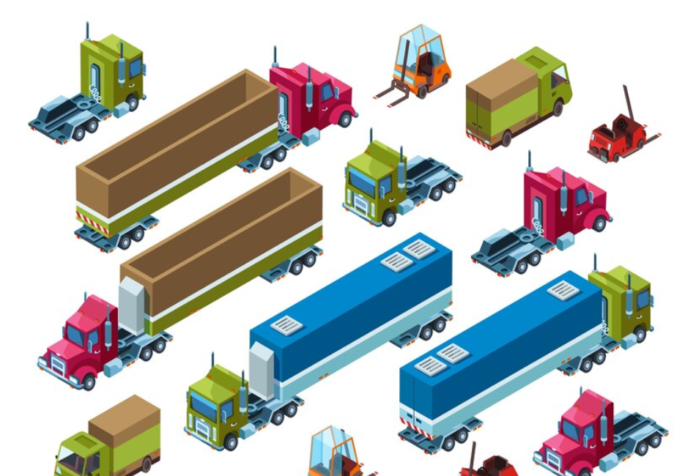Bulk tipper trailers are essential for transporting heavy materials such as aggregates, grain, and waste across the United Kingdom. Their design significantly influences operational efficiency, fuel consumption, safety, and overall performance. Understanding the impact of different design features helps fleet operators, logistics managers, and haulage companies make informed decisions to optimise productivity and reduce costs.
1. Weight and Material Composition
The construction material of bulk tipper trailers plays a crucial role in their performance. Common materials include:
- Aluminium: Lightweight and corrosion-resistant, aluminium trailers improve fuel efficiency and payload capacity, making them ideal for grain and lighter materials.
- Steel: Known for its durability and strength, steel trailers are better suited for heavy-duty applications like transporting construction aggregates, rubble, and waste.
- Hybrid Models: A combination of steel and aluminium provides a balance between strength and weight, catering to versatile needs.
2. Aerodynamic Design and Fuel Efficiency
The aerodynamic efficiency of a tipper trailer influences fuel consumption. Modern trailers incorporate streamlined sidewalls, tapered bodies, and aerodynamic skirts to reduce wind resistance. Lower drag means:
- Improved fuel efficiency, reducing costs for long-haul transportation.
- Lower carbon emissions, supporting environmental sustainability efforts.
3. Chassis and Suspension Systems
A well-designed chassis improves stability, reduces wear and tear, and enhances load-bearing capacity. Key aspects include:
- Lightweight yet strong chassis: Reduces trailer weight without compromising strength.
- Air suspension systems: Provide better load distribution and smoother rides, minimising damage to cargo and reducing strain on roads.
- Multi-axle configurations: More axles distribute weight evenly, reducing pressure on individual tyres and enhancing safety.
4. Tipping Mechanisms and Efficiency
The tipping mechanism is fundamental to unloading efficiency and stability. Common tipping designs include:
- Front-end tipping: Uses hydraulic cylinders mounted at the front, allowing high-angle unloading, ideal for fine materials like sand and gravel.
- Underbody tipping: Offers better weight distribution and lower centre of gravity, improving stability on uneven surfaces.
- Side tipping: Suitable for restricted spaces and where controlled unloading is required, such as on roadworks sites.
5. Load Distribution and Payload Capacity
Optimising load distribution prevents overloading on axles, reducing vehicle wear and improving road safety. Features such as:
- Evenly spaced axles to distribute weight efficiently.
- High-capacity trailers designed to maximise legal payload without exceeding road weight limits.
- Adjustable bulkheads and partitions to secure different types of cargo effectively.
6. Safety Features and Regulatory Compliance
Safety regulations in the UK, such as those enforced by the DVSA (Driver and Vehicle Standards Agency), require bulk tipper trailers to meet strict standards. Essential safety features include:
- Automatic tailgate locking mechanisms to prevent accidental spillage.
- Stability control systems to reduce rollover risks when tipping.
- Anti-lock braking systems (ABS) for improved stopping power and skid prevention.
7. Maintenance Considerations and Longevity
Well-designed trailers require less maintenance and offer better durability. Key factors include:
- Corrosion-resistant coatings to withstand harsh weather and material impact.
- Modular components for easier repairs and replacement.
- Automated lubrication systems that prolong the life of moving parts.
Conclusion
The design of bulk tipper trailers directly impacts their performance in terms of efficiency, safety, and cost-effectiveness. By choosing the right material, chassis, tipping mechanism, and safety features, haulage operators in the UK can optimise their fleets for better fuel economy, regulatory compliance, and longevity.
Summary
Bulk tipper trailer design affects fuel efficiency, load capacity, safety, and maintenance. Aluminium trailers enhance fuel economy, while steel trailers offer durability. Aerodynamic designs lower drag, and multi-axle configurations improve weight distribution. Advanced tipping mechanisms increase unloading efficiency, and modern safety features ensure compliance with UK regulations. Investing in well-designed trailers maximises operational efficiency and long-term savings.
































